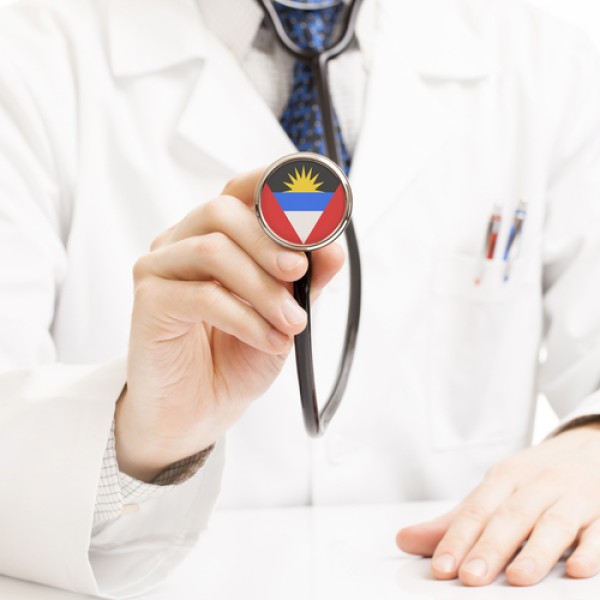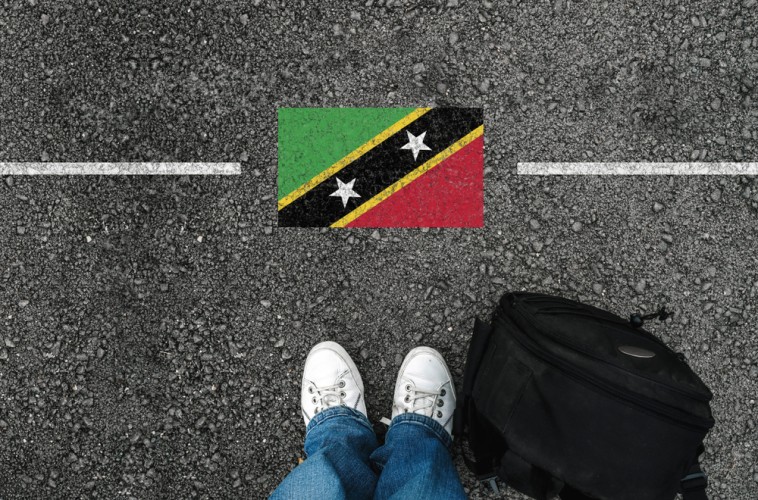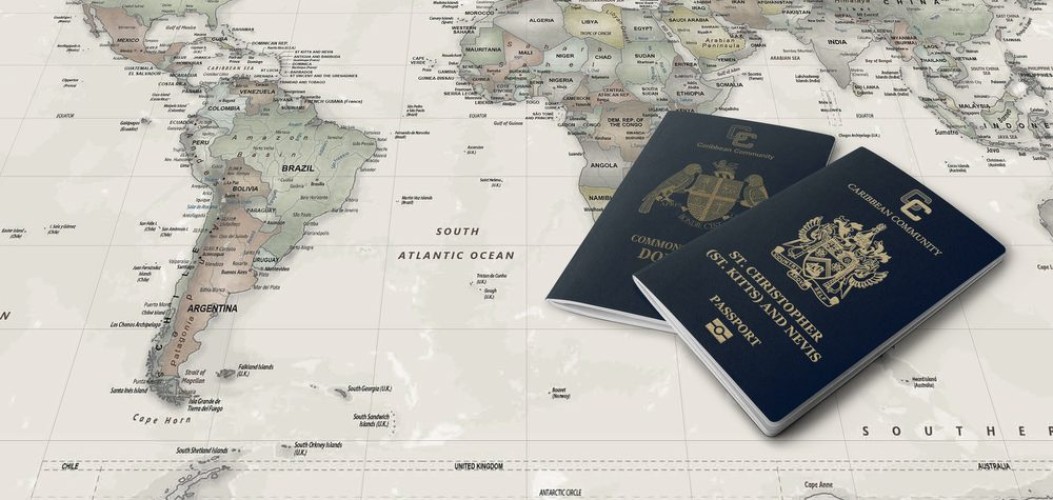If you plan to stop working in Antigua and Barbuda, you make a smart choice. This nice Caribbean place has great views, a slow way of living, and an easy residency program. With kind locals and a warm expat group; Antigua and Barbuda are one of the ͏best picks for retirees from all over globe.
Why choose Antigua and Barbuda for retirement?
One of the big perks of stopping work here is the great standard of life mixed with a low price to live. The Caribbean climate is always warm, and the islands have fresh air, clear waters, and bright plants. Also, the country’s steady politics and new buildings make a cozy place for folks seeking a calm time after they stop working.
The Antigua and Barbuda Citizenship by Investment Program can be an appealing option for retirees who wish to obtain second citizenship. This program allows you to gain citizenship in exchange for investment, which can be beneficial for tax planning and international mobility. Beyond this, retirees benefit from minimal bureaucracy, simple residency application procedures, and the possibility to get permanent citizenship status over time.
Cost of living in Antigua and Barbuda
Living in Antigua is pretty cheap when you look at a lot of Western nations. Retirees will see that mai͏n costs like food, getting around, and services are fair priced. Items brought from other places can cost more, but local stuff is good quality and easy on the wallet. Whether you like local shops or big stores prices stay easy for most retirees.
Key monthly costs include:
- Pay for a one-room flat: $800–$1,200 (according to place)
- Services (light, water, web): $150–$250
- Groceries for one person: $300–$500
- Transportation (public and private): $100–$200
When planning your monthly retirement budget, it’s important to consider health insurance, entertainment, and possible travel between the islands. Despite being a small country, Antigua offers a wide range of services, restaurants, and cultural experiences that enhance the quality of life.
Healthcare in Antigua and Barbuda
The healthcare system in Antigua is well-developed, particularly in the capital, St. John’s. Public hospitals offer basic services, while private clinics provide high-quality medical care. Although the healthcare system may not match the standards of larger countries, it meets the needs of most retirees. Language barriers are minimal, as English is the official language.
Private health insurance is recommended and widely available. A lot of retirees go for international health plans that cover both local care and treatment abroad—and it makes sense. Medical services in Antigua are generally solid, especially when it comes to everyday stuff and emergencies. For trickier procedures, though, you might end up flying to the U.S. or another nearby country with more advanced facilities.
Need a dentist or an eye doctor? No problem—those services are available too, and the prices won’t make your jaw drop. Pharmacies are easy to find, usually well-stocked, and carry both local and international meds. If you’ve got ongoing health needs, just make sure you pack your prescriptions and medical paperwork when you arrive.
What’s nice is that the island isn’t just sitting back—they’re actively working to improve healthcare for older adults. Think mobile clinics visiting out-of-the-way areas and wellness programs that actually make a difference. Some private clinics even offer packages that feel more like concierge care—regular home checkups, help with chronic issues, that sort of thing. The weather is a dream, but it can sneak up on you. Staying hydrated and protecting yourself from the sun isn’t just a beach tip—it’s real advice doctors give here, and local clinics can help you adjust to the Caribbean lifestyle safely.
Housing options in Antigua and Barbuda
Antigua offers a range of housing options, from beachfront villas to modest apartments in the hills. The real estate market is diverse, and foreign nationals can own property with few restrictions. Areas like English Harbour, Jolly Harbour, and Dickenson Bay are popular among expats. Whether you’re looking for a permanent home or seasonal residence, the market has plenty to offer.
Types of housing available:
- Condos and apartments in gated communities
- Private villas with sea views
- Eco-friendly homes in natural surroundings
- Long-term rentals in suburban or central areas
Maintenance costs and property taxes in Antigua are considered low, adding to the appeal for budget-conscious retirees. Whether you’re retiring in Antigua for the first time or considering a second home for seasonal living, you will find a variety of properties suited to different budgets and lifestyles. Many expats find it easy to integrate into local communities, thanks to the relaxed island lifestyle and welcoming atmosphere.
FAQ
Antigua offers a few routes, like long-stay visas or the Citizenship by Investment option. Loads of retirees take this path, and it’s not some bureaucratic nightmare.
If you want sunshine without the storm drama, aim for December to April. That’s the dry season. The rest of the year’s still warm, just a bit wetter.
Most likely, yes. A lot of international pension plans let you deposit straight into local banks. Just give your provider a ring and make sure they’re cool with it.
Yeah, pretty chill overall. Just use common sense—lock your doors, keep an eye on your stuff, same as you would anywhere else. No big surprises.
Totally possible. Lots of retirees keep a foot in the game—consulting, freelancing online, teaching English over Zoom, even running a blog or a small shop online. Just keep an eye on the visa rules. Some visas are strict about “no work allowed,” even if it’s remote. Others are more flexible, especially if your income is coming from outside the country. Best bet? Talk to an immigration pro before making any commitments. And don’t forget: even part-time gigs can come with tax stuff to sort out, depending on how your income is viewed locally.
Well, paradise isn’t perfect. Things move s-l-o-w here. “Island time” is very much real—deliveries can take ages, appointments might not start on time (or happen at all), and paperwork? Let’s just say patience is your new best friend. But hey, if you can roll with it, that’s just part of the charm.






